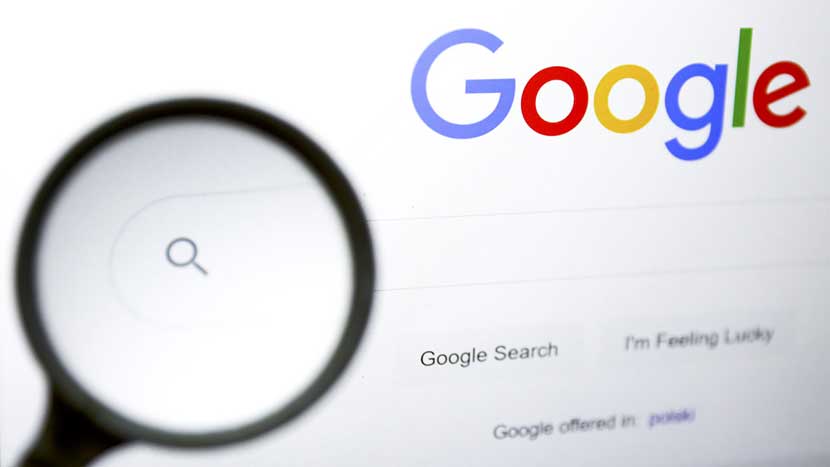Google has launched its new search engine for generative AI results. Named Search Generative Experience (SGE), the new feature integrates artificial intelligence operations into the way Google sources answers to queries inputted by users. The search feature was launched on Friday and is only available on mobile devices to people who signed up as beta testers in the United States.
When you enter a query into Google’s search page, SGE will bring up AI results in colorful boxes above the normal blue link results usually displayed on search pages. With a search query, the AI feature will bring up hundreds of information that are sourced from various online sources and display them in a green or blue box that can expand to reveal the answers you seek.
Google’s SGE uses a large language model (LLM) that is similar to the one powering OpenAI’s ChatGPT. Just like humans have a large vocabulary of words to choose from when making out sentences, LLM technology makes it possible for AI to access and extract text data to write sentences that look like human speech. The technology guesses what should be the next best word when generating sentences in what experts have described as “autocomplete on steroids”.
Since SGE generates query answers from various sources, users can refine their queries for more specific answers if they are not satisfied with the search results they have. However, Google made it clear that it is possible for the generative AI to be too confident in the results it brings up – meaning that the AI can present nearly incorrect information as very correct. So users are advised to exercise due diligence when relying on financial, medical, and legal information generated with SGE or Bard.
To be able to use SGE or AI for a search on Google, you have to opt-in at this time. On your computer, open the Chrome browser and sign into your Google account. Open a new tab in the browser and then check out the Google Search Labs icon on the top right-hand corner. If you see the beaker icon for Labs, it means that you can click on it and also on Join Waitlist to be notified via email when Labs becomes available for your use.
After joining the waitlist, you will be asked to not enter confidential information that could identify you or that could be revealed via AI data, even though the user data is “stored in a manner that is not associated with your Google account.”


